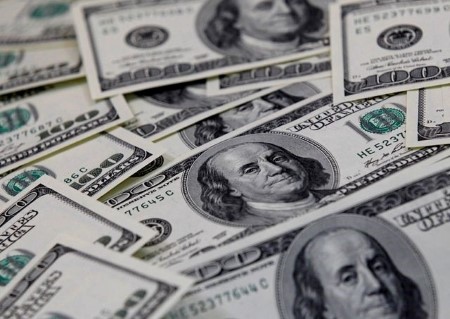




January Economic Update: Growth slows, prices rise
 DOWNLOAD
DOWNLOAD

Inflation Update: Up, up, and away?
 DOWNLOAD
DOWNLOAD

Quarterly Economic Growth Release: Growth takes on a slower pace
 DOWNLOAD
DOWNLOAD


Global equity funds record biggest weekly outflows in three months

Dec 9 (Reuters) – Outflows from global equity funds in the week ended Dec. 7 hit a three-month high on fears that interest rates could stay higher for longer than expected amid mounting worries about a recession next year.
According to Refinitiv Lipper data, investors offloaded a net USD 22.03 billion worth of global equity funds, marking their biggest weekly net selling since Sept. 7.
Reports showing an upbeat US services industry activity and higher-than-expected nonfarm payroll additions in November raised bets that the Federal Reserve will be more hawkish than expected.
Investors were also worried as the biggest US banks including Goldman Sachs, J.P. Morgan and Bank of America warned of a recession as inflation threatens consumer demand.
Investors sold a net USD 26.65 billion in US equity funds, although they purchased European and Asian equity funds worth USD 3.41 billion and USD 990 million, respectively.
Among equity sector funds, tech, financials, and consumer discretionary witnessed outflows of USD 1.04 billion, USD 702 million and USD 523 million, respectively.
Meanwhile, global bond funds attracted USD 8.54 billion in inflows after witnessing outflows for four weeks.
Corporate bond funds received USD 2.17 billion, and government bond funds drew USD 1.06 billion, the biggest weekly inflow in three weeks, while outflows from short- and mid-term bond funds eased to a 16-week low of USD 272 million.
Meanwhile, money market funds accumulated USD 62 billion in net buying, marking the biggest weekly inflow since Nov. 2.
In the commodities space, energy funds received about USD 87 million in a seventh successive week of net buying. Still precious metal funds recorded outflows of USD 357 million, the most in four weeks.
According to data available for 24,734 emerging market (EM) funds, equity funds saw outflows of 1.06 billion after two straight weeks of inflows, but investors purchased USD 1.35 billion worth of bond funds.
(Reporting by Gaurav Dogra and Patturaja Murugaboopathy in Bengaluru; Editing by Vinay Dwivedi)
This article originally appeared on reuters.com





 By Reuters
By Reuters